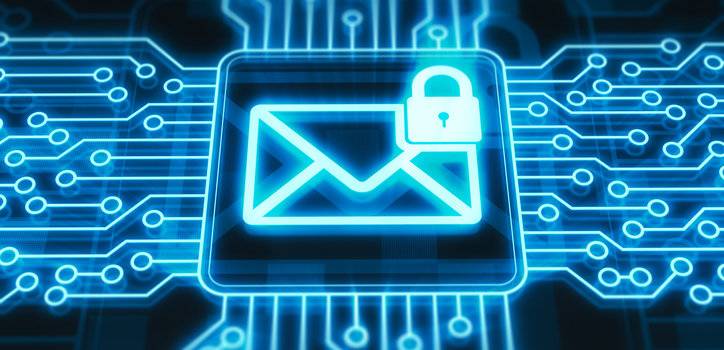
That’s because email is still a very popular delivery method for all sorts of attacks. The good news is that most of the risks associated with email can be avoided by just being careful on email platforms, and by training your team to do the same. This is something you can handle yourself, or you can enlist the help of an IT support engineer. Doing the latter is more practical if your organization has a lot of employees and devices, as the HTL.London website showcases.
Here are some fundamental email security tips that both you and your team should follow.
1 – Check the sender
Spam filters block most of these nowadays, but sometimes hackers still manage to send out emails pretending to be someone important. To get users to click on links or disclose private information, hackers may attempt to impersonate banks, government institutions, software manufacturers, and even other members of your company’s team, depending on how targeted the attack is.
Get in the habit of checking the email of the sender before interacting with any email, especially ones that seem random and urgent. You can train your team to do the same by running phishing drills, which is where you or an expert sends out fake phishing emails to see which employees aren’t being as careful as they should.
2 – Check the receiver
Human error is a huge security risk for all companies, and one of the ways it affects data security is through accidental emails. These are emails containing sensitive information that are accidentally sent to the wrong recipient, either because the employee didn’t understand their instructions or because of a typo on the email address.
Double-checking all of the fields of an email before hitting send can help curb this issue. It’s also a good idea to get your employees to copy email addresses from a spreadsheet, rather than typing out the email themselves.
3 – Keep the device updated
It’s perfectly safe to download a virus when that virus is designed to leverage an exploit that no longer exists. Keeping your work phones and computers updated and protected by an anti-virus will go a long way towards ensuring that malicious software won’t cause any damage, even if it gains access to one of your devices via email.
4 – Don’t disclose sensitive information
Never send emails or credit card information via email, and avoid sending other types of data in the body of the email or as an attachment as much as possible. It’s often safer to upload the data in question into your company’s cloud, then share it with a link that only members of your organization can access.
5 – Links and files
Most people are aware of this risk, but it’s good to make sure no one in your organization is clicking on links or opening files they receive by email. Not unless they know who the email is from and have requested the information.
Again, spam filters these days are so good that this isn’t as big a risk as it used to be. But it is often the case that a hacker only needs to get lucky with a careless employee once to cause massive damage, so it’s important to be careful.

Founder Dinis Guarda
IntelligentHQ Your New Business Network.
IntelligentHQ is a Business network and an expert source for finance, capital markets and intelligence for thousands of global business professionals, startups, and companies.
We exist at the point of intersection between technology, social media, finance and innovation.
IntelligentHQ leverages innovation and scale of social digital technology, analytics, news, and distribution to create an unparalleled, full digital medium and social business networks spectrum.
IntelligentHQ is working hard, to become a trusted, and indispensable source of business news and analytics, within financial services and its associated supply chains and ecosystems






























